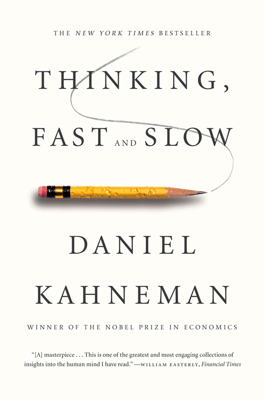Thinking About Life
Marriage and Life Satisfaction: The Surprising Trends
- A study utilized the German Socio-Economic Panel, which annually surveys respondents about life satisfaction and major life changes, and analyzed the impact of marriage on life satisfaction. The findings produce a graph showing a significant initial rise in life satisfaction around the time of marriage, followed by a gradual decline. This trend often leads to a misconception about marriage's role in long-term happiness, sometimes attributed to an adaptation process where the novelty of marriage wears off.
Heuristics in Judging Life Satisfaction
- When asked about life satisfaction, people generally do not spend much time analyzing their entire life comprehensively. Instead, they employ heuristics and quick judgments, often based on recent events or significant changes like marriage. This immediate judgment process is influenced by substitution, where easier questions replace harder ones, and salience, focusing on recent or impactful events.
Misconceptions Led by the Focusing Illusion
- The focusing illusion is highlighted as a common cognitive bias in life evaluations, where attention given to a particular aspect (like climate when considering happiness in different regions) can overly influence one's global life satisfaction judgment. This illusion supports the idea that people often overestimate the impact of certain factors on their overall happiness.
Focusing Illusion in Context: Rare vs. Routine Experiences
- The focusing illusion also affects how we forecast our future emotions and satisfaction based on potential life changes. For example, when considering moving to a better climate or buying a luxury item, people tend to focus on the positive aspects these changes bring to the moments they think about them, leading to an overestimation of their impact on overall well-being.
Implications for Personal Decisions and Policy
- Understanding the susceptibility to focusing illusions is crucial not only for personal happiness and decision-making but also for policy-makers who aim to improve public well-being. Recognizing that people may overemphasize the importance of visible or immediate factors can lead to more effective strategies, balancing out the allure of immediate gratifications with the long-term factors that genuinely affect life satisfaction.
Broader Insights on Happiness and Goals
- The chapter concludes that evaluating life satisfaction or happiness based on momentary feelings or immediate responses to life changes can lead to substantial misjudgments about the factors that genuinely contribute to long-term well-being. Thus, both individuals and policymakers should consider the complex interplay of various life aspects and the common biasses in self-evaluation to foster a more accurate understanding and enhancement of well-being.
